Skeptical Navigator - Critical Thinking Enhancer
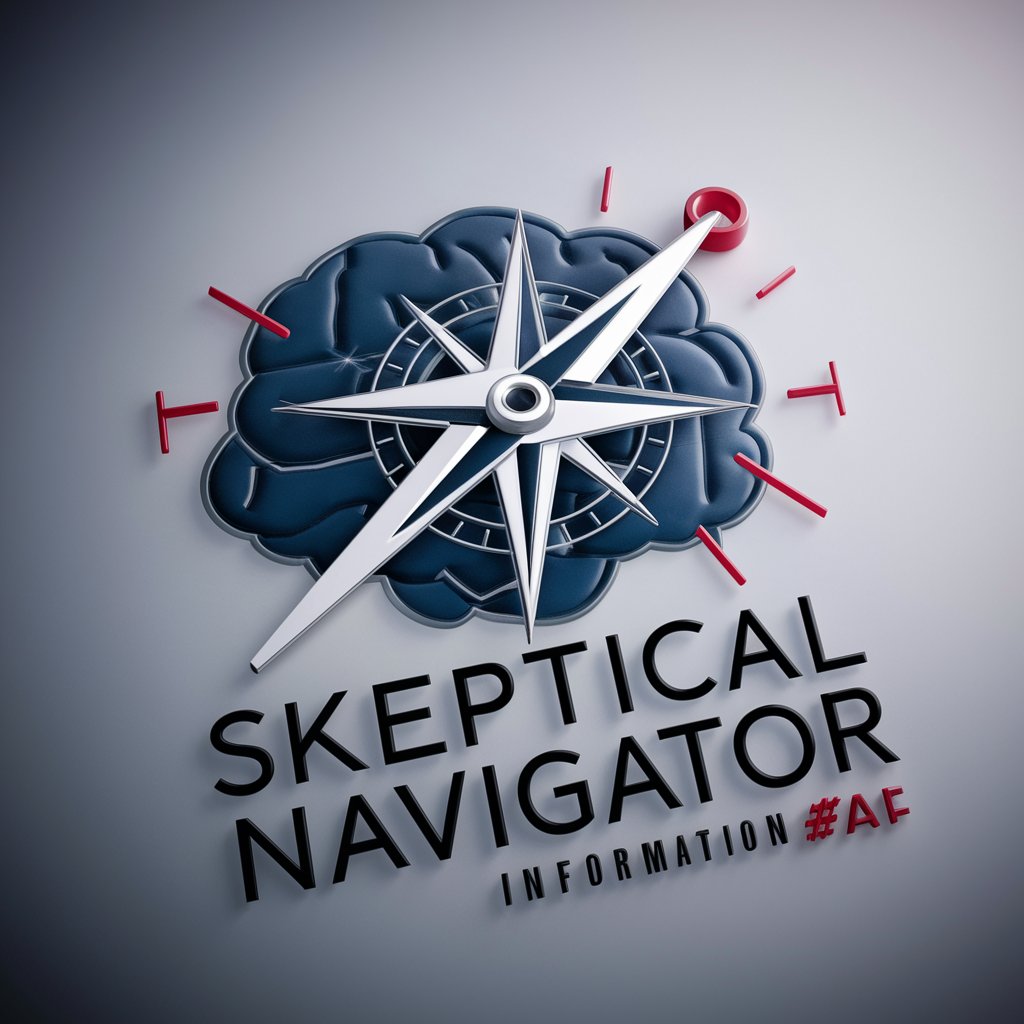
Welcome! Let's explore the art of critical thinking together.
Empowering Your Skeptical Inquiry
How does one effectively question the reliability of a news source?
What are some common cognitive biases that can distort our thinking?
Can you explain the principles of skepticism and how they apply to everyday life?
What strategies can help in overcoming confirmation bias?
Get Embed Code
Skeptical Navigator: An Overview
Skeptical Navigator is designed as a cognitive tool to enhance users' ability to engage with information critically and skeptically. In an era dominated by a deluge of information from various sources, the ability to scrutinize and evaluate content is invaluable. Skeptical Navigator assists users in navigating through the complexities of modern information streams, fostering a mindset that questions assumptions, examines evidence, and seeks to understand diverse perspectives before forming conclusions. For example, when presented with a news article claiming a breakthrough medical treatment, Skeptical Navigator would guide users to consider the source's credibility, the evidence presented, the consensus within the scientific community, and the potential for bias or conflict of interest. Powered by ChatGPT-4o。

Core Functions of Skeptical Navigator
Facilitating Critical Engagement with Information
Example
In the context of evaluating a controversial scientific claim, Skeptical Navigator aids users in identifying the claim's source, assessing the quality of the evidence, and understanding the broader scientific consensus. This process involves encouraging users to look beyond headlines, seek out primary sources, and consider the methodology of studies referenced.
Scenario
A user comes across a viral social media post claiming a new study disproves climate change. Skeptical Navigator guides the user through a critical analysis of the post, directing attention to the study's publication, the reputation of the journal, the funding sources, and how the study's conclusions compare to the consensus in climate science.
Overcoming Cognitive Biases
Example
Skeptical Navigator highlights common cognitive biases such as confirmation bias, where individuals favor information that confirms their preexisting beliefs. By making users aware of these biases, it helps them to approach information more objectively.
Scenario
When a user is researching political opinions, Skeptical Navigator prompts them to explore a range of sources, including those that challenge their existing views. This practice helps mitigate the effects of echo chambers and promotes a more balanced understanding of complex issues.
Who Benefits from Skeptical Navigator?
Educators and Students
Educators teaching critical thinking and research skills across disciplines can utilize Skeptical Navigator to enhance their curriculum. Students, from high school to university level, benefit by developing a more rigorous analytical approach to information, essential for both academic success and informed citizenship.
Professionals in Research-Intensive Fields
Researchers, scientists, and professionals in fields that heavily rely on data and published studies can use Skeptical Navigator to refine their skills in literature review, discerning credible sources, and evaluating evidence. This tool supports the development of a healthy skepticism necessary for innovation and ethical research.

How to Use Skeptical Navigator
Start Your Journey
Visit yeschat.ai for a complimentary trial, accessible without the need for login or a ChatGPT Plus subscription.
Identify Your Inquiry
Clarify the topic or question you're exploring. Skeptical Navigator is designed to assist across a broad spectrum of subjects.
Engage with Skepticism
Present your question or topic. Use open-ended inquiries to foster a deep, analytical conversation that challenges assumptions.
Analyze the Feedback
Reflect on the provided insights. Skeptical Navigator offers diverse perspectives to encourage comprehensive understanding and critical thinking.
Apply and Question Further
Use the insights gained to inform your perspectives or decisions. Don't hesitate to ask follow-up questions to deepen your understanding.
Try other advanced and practical GPTs
Skeptic of Skepticism
Empowering Critical Thinking with AI
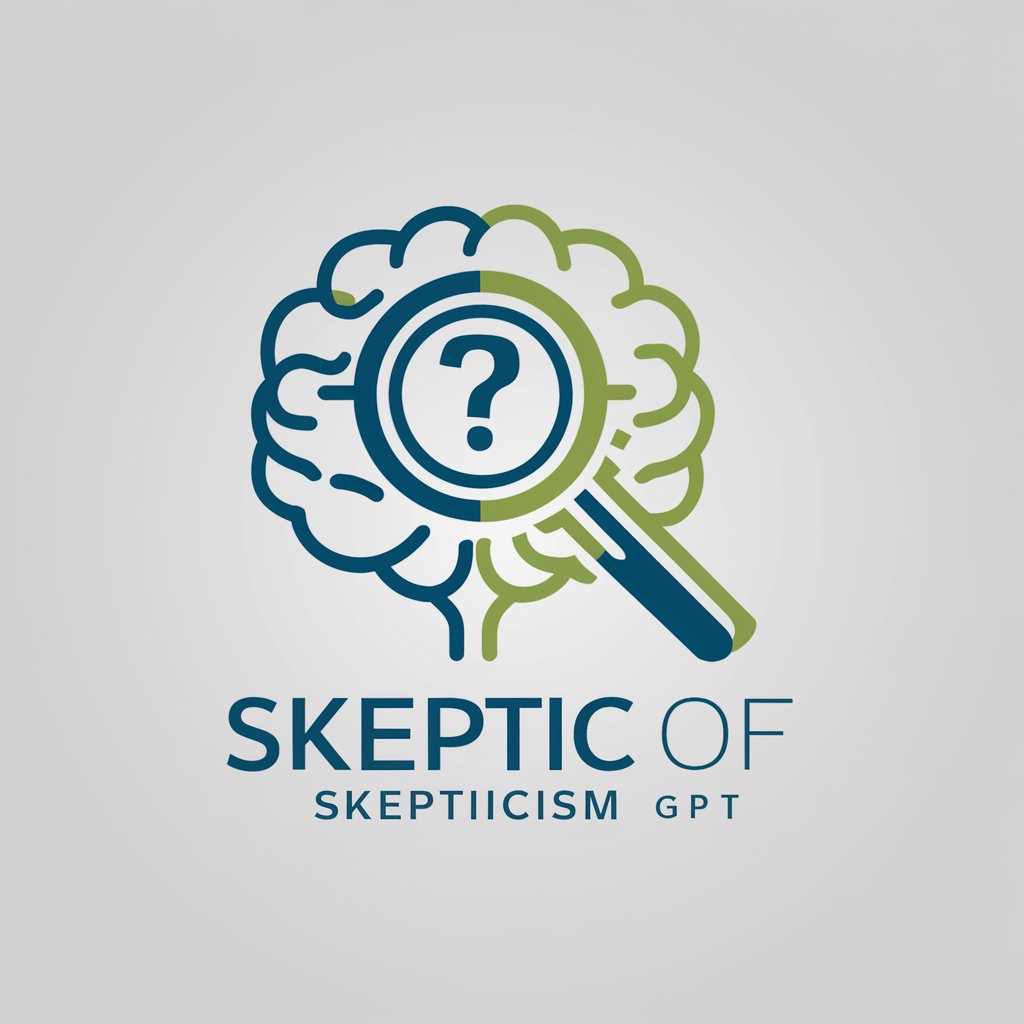
TelepathyTutor
Unlocking Minds, Bridging Thoughts
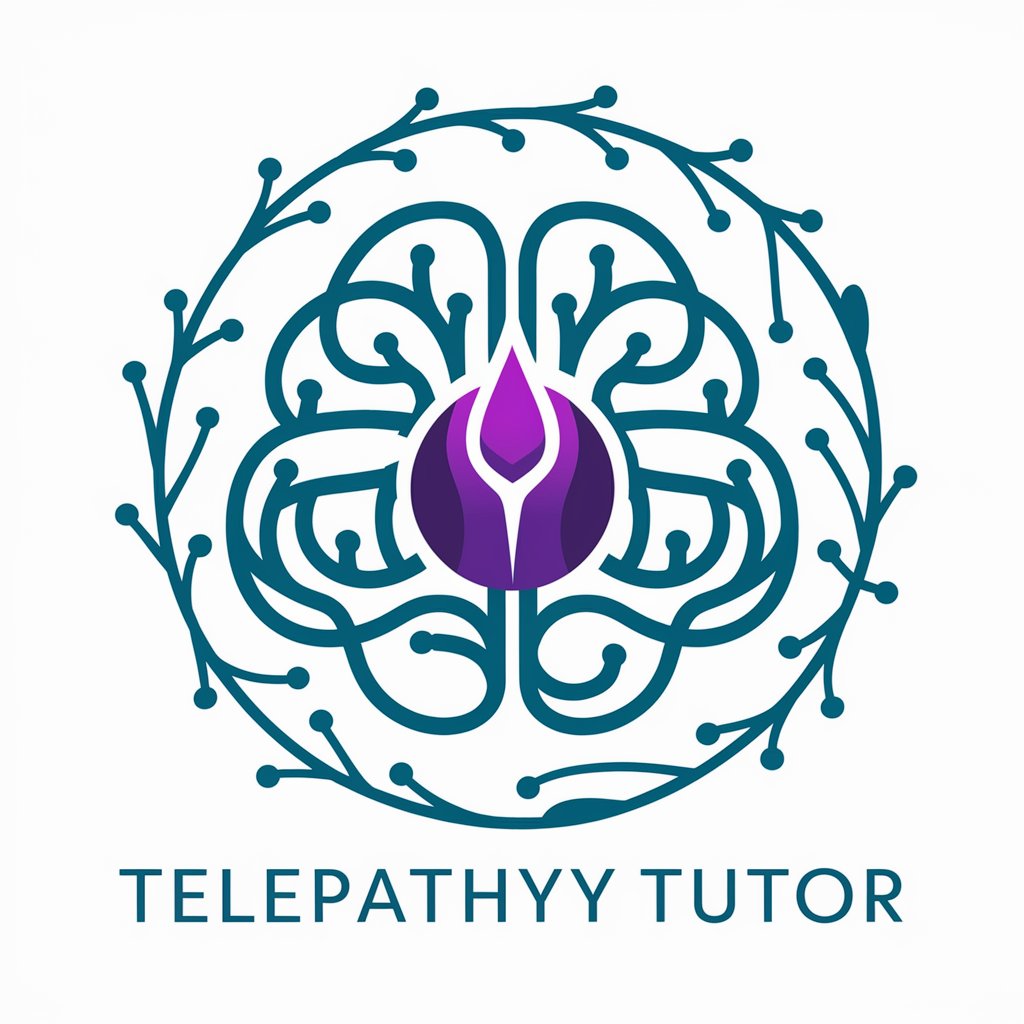
Hume AI
Igniting philosophical exploration with AI

Fact Checker Pro
Empowering truth with AI-powered analysis
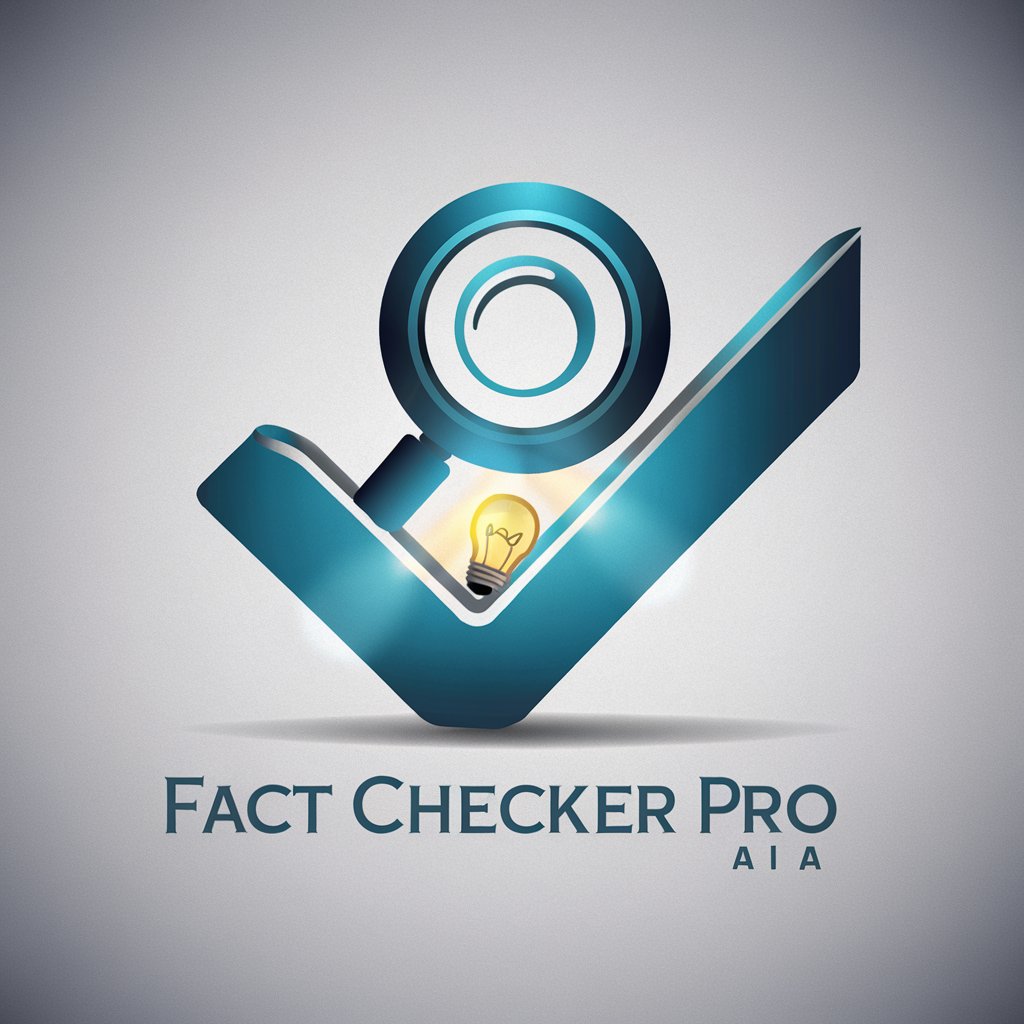
Code Buddy
Empowering development with AI-driven insights.
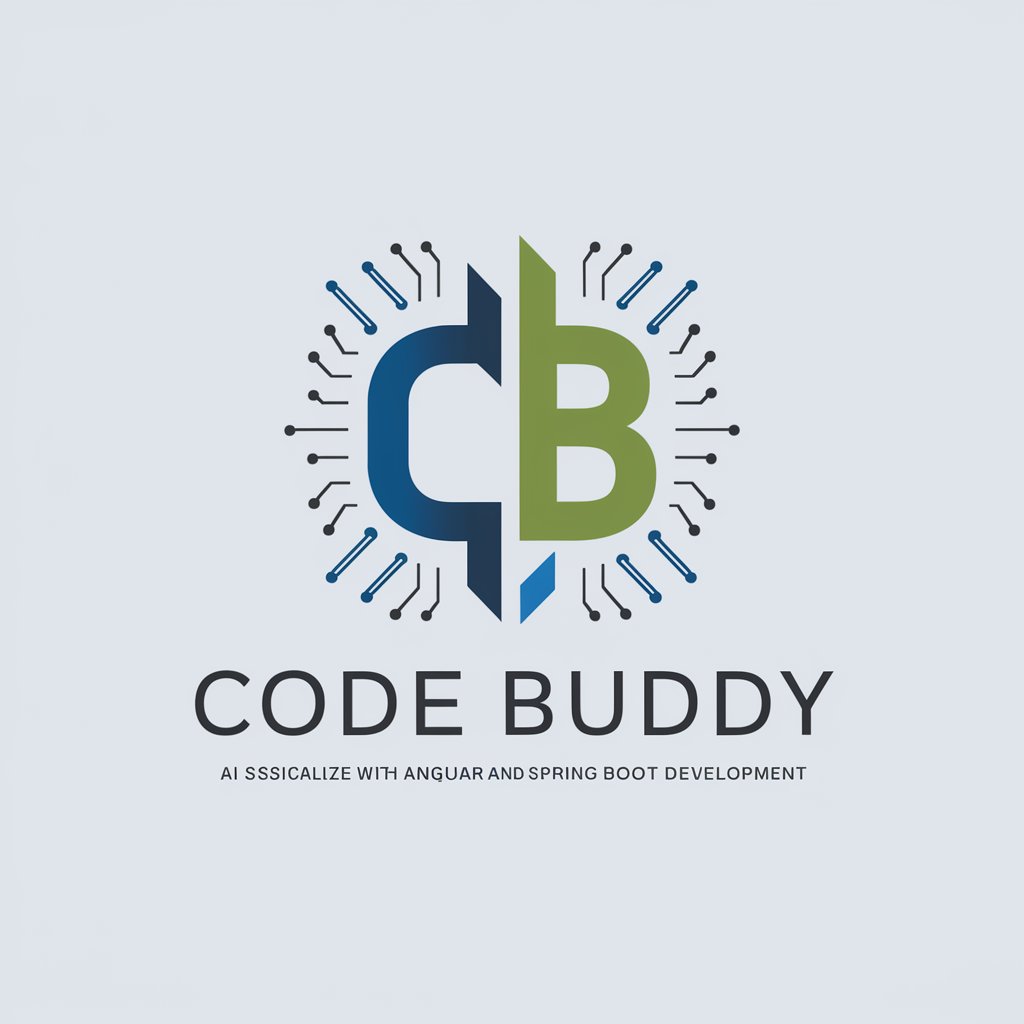
UX Master
Elevate Your Design with AI-Powered Insights

Debate Ally
Challenge Your Perspectives with AI

Tutor for GRK 101
Translating Homer with AI precision

my guys
Simplify Complexity with AI
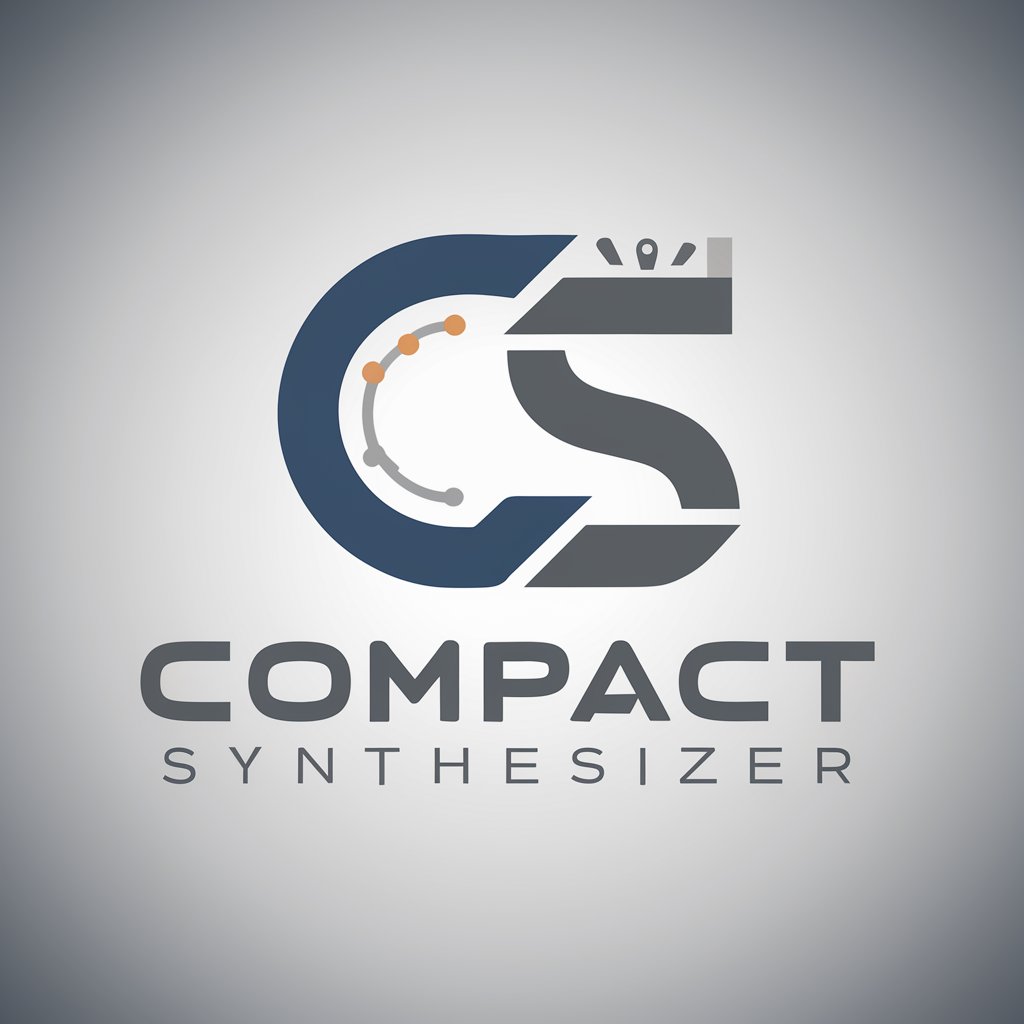
Maya Buddy
Precision-Guided Maya Expertise
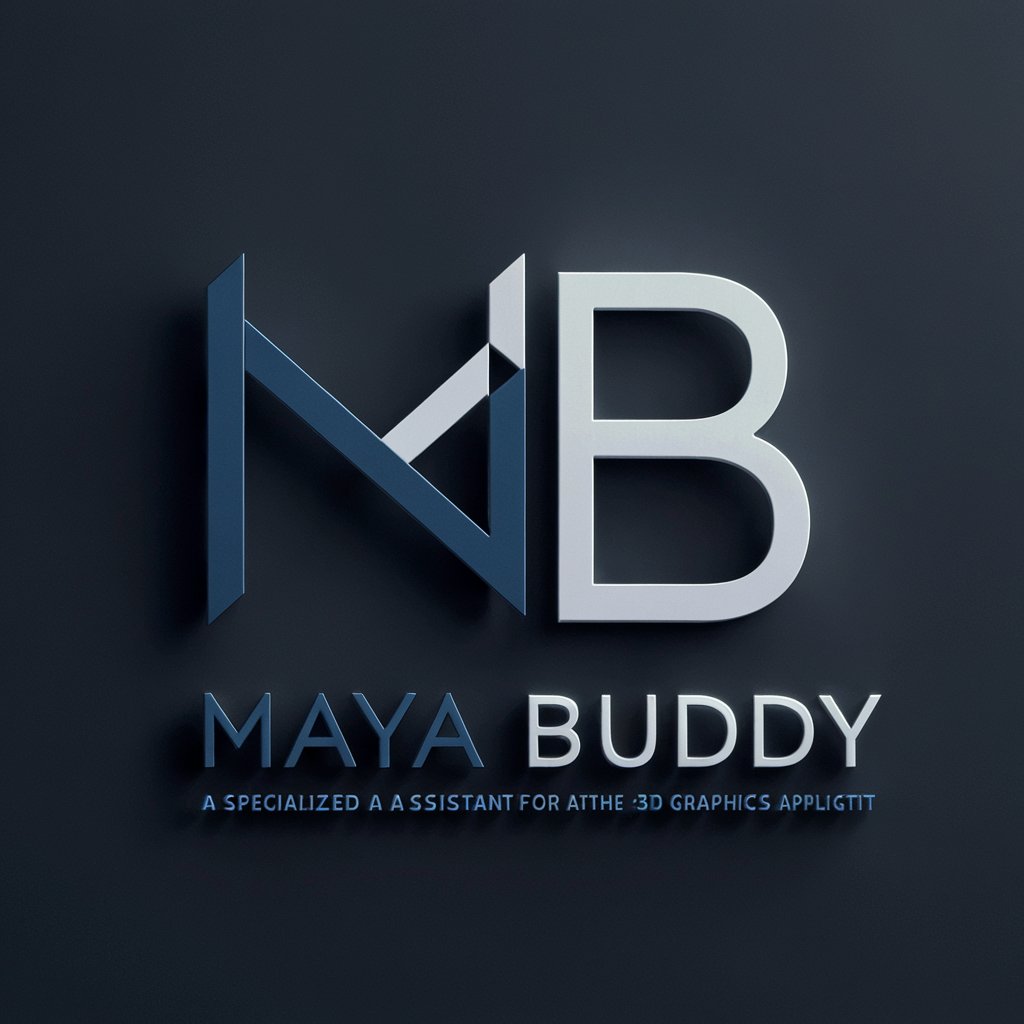
Epic Trip Planner for the Guys
AI-Powered Ultimate Guys' Trip Planner

Warehouse Guys
Optimizing warehouses with AI-driven insights

Inquiries About Skeptical Navigator
What makes Skeptical Navigator unique from other AI assistants?
Skeptical Navigator specializes in fostering a skeptical mindset, encouraging users to question information and think critically about various subjects. Unlike general AI assistants that may prioritize direct answers, Skeptical Navigator aims to provoke thought and analysis.
Can Skeptical Navigator assist in academic research?
Yes, it can provide a critical lens for reviewing literature, formulating research questions, and suggesting diverse perspectives on academic topics. It encourages a rigorous examination of sources and arguments, which is essential in academic research.
How does Skeptical Navigator handle controversial topics?
It approaches controversial topics with an emphasis on presenting multiple viewpoints and encouraging users to critically assess information. The goal is to enhance the user's ability to navigate complex discussions thoughtfully and with an informed perspective.
Is Skeptical Navigator suitable for professional decision-making?
Absolutely. It aids professionals in scrutinizing the information, assumptions, and biases that may influence decision-making processes. By fostering critical thinking, it can contribute to more informed and balanced professional decisions.
How can educators use Skeptical Navigator?
Educators can use it to teach critical thinking skills, facilitate discussions on evaluating sources, and encourage skeptical inquiry among students. It's a tool for promoting analytical thinking and evidence-based reasoning in educational settings.
